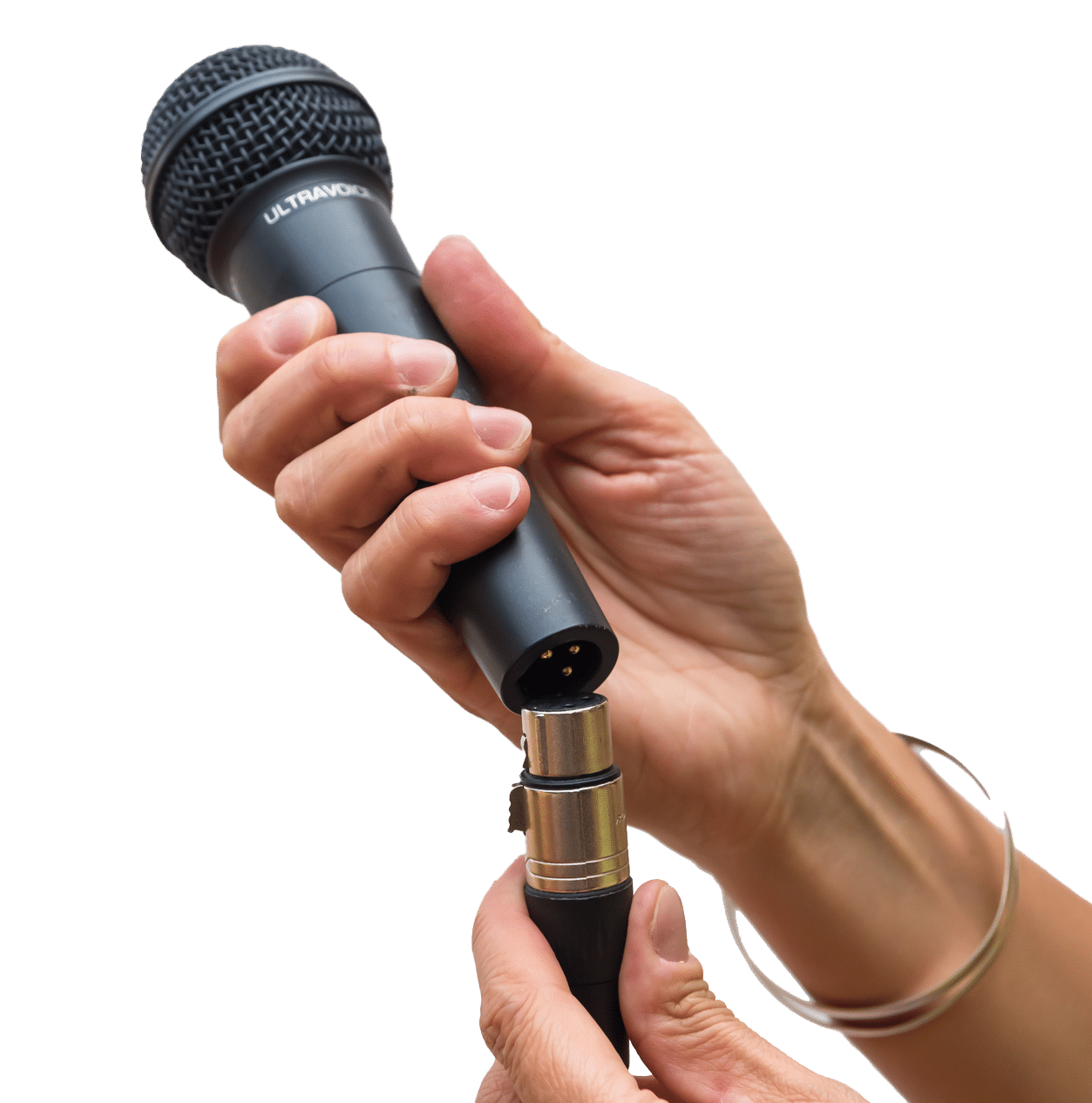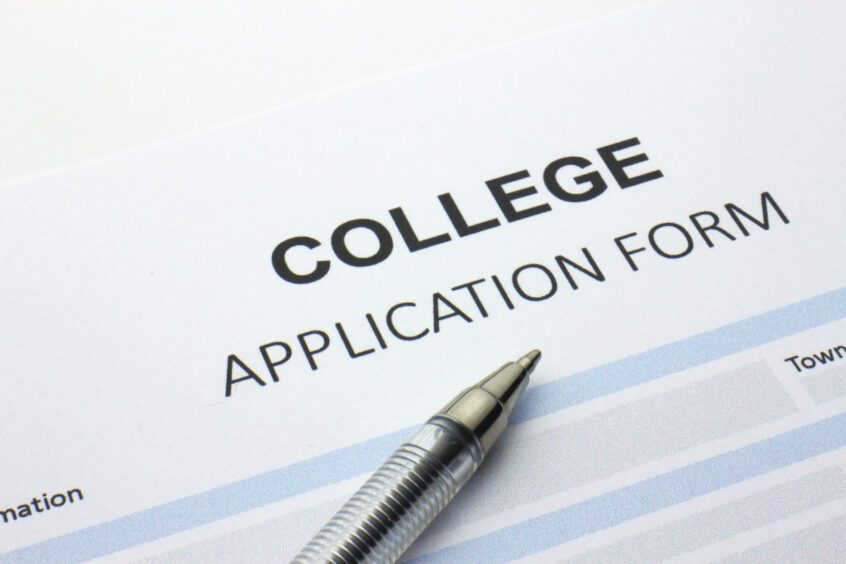The Quick Answer
Applying early vs. regular to music schools can shape your odds and options:
- Early Decision (ED) → Binding; apply in November, hear in December, stronger odds at some schools, but no chance to compare financial aid.
- Early Action (EA) → Non-binding; apply early, hear in January/February, keeps options open.
- Regular Decision (RD) → Standard timeline; more prep time for auditions, but often lower admit rates.
👉 For music applicants, the right choice depends on audition readiness, financial need, and certainty of fit.
Why Early vs. Regular Music School Admissions Matters
Music admissions are already complicated. On top of applications, prescreens, and auditions, you must decide whether to apply Early Decision, Early Action, or Regular Decision.
Some schools don’t even offer ED or EA for music. For those that do, it’s critical to research policies before applying. The wrong choice can mean committing too soon, losing the ability to compare scholarships, or rushing auditions before you’re ready.
(Internal link: For selectivity context, see our Conservatory Acceptance Rates 2024 guide.)
Early Decision (ED) Explained
Early Decision means applying approximately a month before the regular deadlines (usually in November) and receiving a decision in December. It is binding, which means:
- You, your parents/guardians, and your counselor must sign an agreement committing you to attend if you are accepted.
- If admitted, you must withdraw all other applications and cancel outstanding auditions.
- You may need to send a nonrefundable deposit before May 1.
- You may apply ED to only one school.
Who Should Apply ED?
- Students 100% confident in their first-choice school.
- Students with GPAs and musical preparation that fit the school’s profile.
- Students and families comfortable committing without comparing financial aid offers.
Upsides of Applying ED
- Finish the process sooner if admitted.
- Save time and expense on multiple applications.
- If denied, you’ll know early and can re-strategize.
Downsides of Applying ED
- Limited time to visit schools or evaluate fit.
- No ability to compare aid packages before committing.
- Cost of attendance unclear until after acceptance.
- Binding nature makes changing your mind very difficult.
ED2: A Second Round
Some schools offer ED2, with deadlines later than ED1 (sometimes as late as RD). Some ED2 plans are binding, others non-binding. Policies vary — always confirm expectations.
Early Action (EA) Explained
Early Action is similar in timing but non-binding. Students apply earlier than Regular Decision but not as early as ED, and typically hear decisions in January or February.
- You may apply to multiple schools through EA.
- You are not required to commit if accepted.
- EA provides early answers while keeping options open.
This flexibility makes EA appealing to many families. The downside: some schools don’t offer EA, or have restrictive EA policies that limit other early applications.
Regular Decision (RD) Explained
Regular Decision is the standard timeline. Applications are typically due in January, with notifications in March or April.
- RD offers more time to prepare prescreens, auditions, and essays.
- Students can compare financial aid packages across multiple schools.
- Acceptance rates may be lower than in ED, but audition quality often carries more weight in music admissions.
For students still polishing repertoire or building audition confidence, RD is often the best option.

Does Applying Early Improve Odds?
According to College Transitions, early decision admission rates are often higher than those for Regular Decision. Colleges reward demonstrated interest.
But music admissions can differ. Auditions frequently outweigh timing. A stellar January audition in RD can still secure admission over an unprepared ED audition in November.
The Financial Aid Factor
As Scoir notes, Early Decision can restrict families’ ability to compare financial aid offers. Since you commit before seeing other packages, you lose leverage.
This is especially significant in music, where scholarships and merit aid vary widely. Regular Decision or Early Action may provide better opportunities to weigh affordability.
Common Pitfalls to Avoid
- Letting academics slide: Even if accepted early, schools can rescind offers for poor grades or disciplinary issues.
- Assuming ED always boosts chances: Some music schools defer ED applicants to the Regular Decision pool for final audition review.
- Changing your mind: If you back out of ED without valid financial reasons, you risk penalties like losing your deposit and being barred from applying ED elsewhere that year.
Comparison Table
| Path | Binding? | Admit Rates | Best For | Watch Out For |
|---|---|---|---|---|
| Early Decision | Yes | Often higher | Students certain of #1 school | No aid comparisons; binding contract |
| Early Action | No | Sometimes higher | Students wanting early answers | Not always offered; restrictive EA rules |
| Regular Decision | No | Often lower | Students needing more prep time | More competition, later answers |
Takeaway: The choice between early and regular music school admissions in 2025 depends on three factors: your audition readiness, your financial situation, and your certainty of a good fit.
FAQ
Q: What happens if I change my mind after being accepted ED?
A: Since ED is binding, this is difficult. Unless you can prove the school is unaffordable even after aid, you are obligated. At minimum, you’ll forfeit your deposit and won’t be able to apply ED elsewhere that cycle.
Q: Do all music schools offer ED or EA?
A: No. Many conservatories use only Regular Decision. Always confirm policies before applying.
Q: Is Early Action safer than Early Decision?
A: Yes. EA is non-binding, letting you apply early while keeping other options open.
Q: Does ED or EA always increase acceptance chances?
A: Not always in music. Some schools review early applications again during Regular Decision. Audition quality remains the key factor.
Q: Can academics affect early acceptances?
A: Absolutely. Students who let grades slip or face disciplinary issues risk having their early offers rescinded.
Let's Connect!
Interested in CMMaj helping you (or your child) discover best-fit music schools and apply/audition for them successfully? We'd be happy to chat with you. Just fill in the form below, and we'll get back to you as soon as possible.


